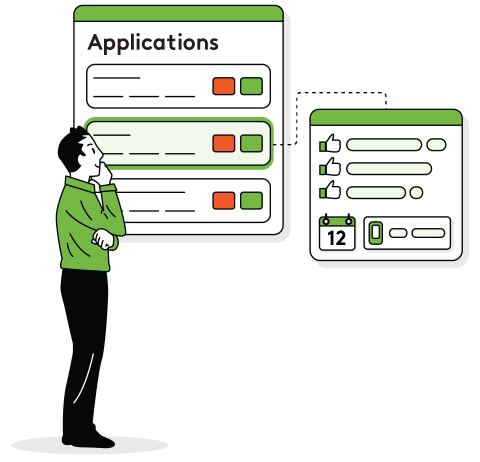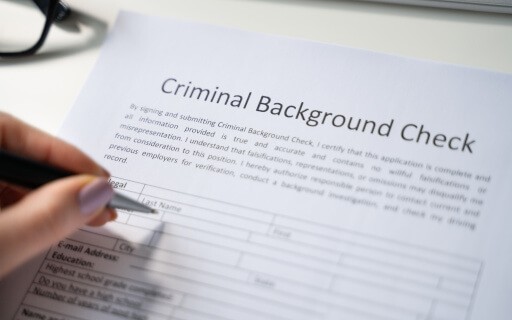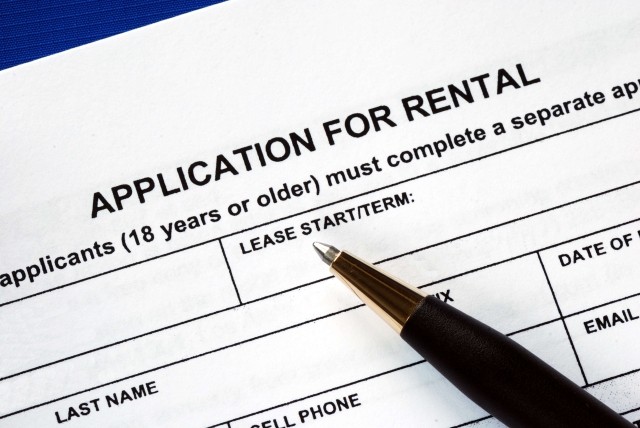As a landlord or property owner, it’s essential to find a responsible tenant who will not only pay rent on time but will also take care of your property. Therefore, you need to collect documents when your prospective tenant applies to see if your applicant is the perfect fit for your property.
Documents to Collect
The documents that a landlord may require from their tenants can vary on a case-by-case basis. For instance, if your applicant is a close family friend, then you may only require a rental application and proof of employment. However, you may want more documentation from an applicant whom you are less familiar with. The more documents you have, the better you can protect yourself or reference when needed. Here is a list of 10 important rental forms you should collect from your applicants:
1. Rental application
The rental application will be the first document you collect from a prospective tenant. It should contain basic contact information, such as their full name, email address, and phone number. It may also include their current or previous address as well. Keep this document handy so you can communicate with applicants during and after the application process.
2. Screening questions and answers
If you use Apartments.com screening you can see each applicant’s income-to-rent ratio, employment statues, household info, and rental history. But it’s still good to ask your applicants basic screening questions and use the applicant’s answers to make a more informed decision about the tenant you choose. Keep the answers organized in a file you can quickly grab for future reference. Some of the most common screening questions may include:
- What date do you want to move in?
- Do you have any pets?
- How long have you lived in your current residence?
- Why are you moving?
- What is your monthly income?
- How many people will be living in the rental unit?
- Have you ever been evicted?
- Have you ever broken the rules or policies of a rental agreement?
3. Proof of income
There are several documents you can collect as proof of income:
- Pay stubs
- Tax returns (W-2 or I-9 forms)
- Bank statements
- Profit and loss statement
- Social security benefits statement
4. Proof of identification
Identity fraud is a common issue that can affect landlords because some prospective tenants may use a false identity to sign a lease. With proof of identification, you can verify that an applicant is who they say they are. There are many forms of identification you can request, such as the applicant’s state ID, driver’s license, and/or social security card.
5. Vehicle registration and proof of insurance
If you are renting out a townhouse, condo, apartment, or another type of rental that shares a parking lot or garage you might need to ask for their tag number and their car insurance because you do not want to be held liable if something happens to a tenant’s vehicle on your property.
6. Rental history
Not every landlord will request an applicant’s rental history, especially if it is a first-time renter. However, it can be beneficial to collect a list of the applicant's previous rental history to help you determine if they are responsible. Collect addresses and phone numbers of the property managers and ask why they left and how long they lived there.
7. References
Some applicants may not have the most extensive rental history. For peace of mind, you should ask for two or three references who can verify a candidate’s responsibility as a renter. Some applicants might use professional and personal references—both of which can work. You should call the references and ask them a few questions about the applicant. These references should help guide you to make a more informed decision about your future tenant. But be wary of applicants who only list family or friends as references since they could be biased.
8. Social security number
Collecting these extremely private nine digits is vital as a landlord. You will use an applicant’s social security number to conduct a credit and background check, which will help you determine if a candidate is a good fit for your property. This is a crucial step in the rental application process, so you understand which applicant to select or deny.
9. Pet information
Many renters have pets, but allowing pets comes with the risk of property damage. If you want to allow pets, you will need to determine your pet policy, gather the applicant's pet information, and decide if you are going to charge a pet deposit or pet rent, depending on what’s allowed by your state and local laws. Creating a pet policy ensures you are both on the same page about the qualifications and responsibilities of caring for a pet inside your property.
Additional Questions
Why Should Landlords Keep Documents?
There are several reasons why you should keep documents, but here are two main reasons:
- Helps you deal with your tax obligations
Unlike standard property owners (e.g., owner-occupied individuals), landlords have special tax responsibilities that make the process a little more complicated. By law, landlords must file all the rent they collect as taxable income. But there is a silver living—you may also qualify for unique tax deductions. As the landlord, this means more money in your pocket. However, you will need accurate documentation to make claims and file your taxes properly. These records help streamline the tax filing process for you.
- Provides legal protection
Legal disputes can happen, no matter how well the screening process goes. From policy disputes to liability disagreements, keeping the proper legal documents may protect you against litigation. Some steps you can take to help avoid legal altercations in the first place include:
- Do not set policies that discriminate against different types of people or families
- Ask questions that are unbiased and objective
- Use a modern and updated lease agreement
- Do not violate the privacy of your tenants
- Do not charge unreasonably high late fees
- Use the security deposit responsibly
- Fix damages and dangerous/hazardous conditions in a timely manner
How much time should I give applicants to provide their documents?
Sooner is always better—but ultimately, there is no definitive time limit. You might play it by ear or adjust your expectations on a case-by-case basis. In general, give applicants at least one or two weeks to provide the information you need. Most apartments are first come first serve, so you should urge your applicants to act fast if they want to secure the unit.
What are the most important documents to collect from applicants?
The most important documents you need to gather from your applicants are their rental applications, proof of income, and social security numbers. These forms help you verify whether the applicant can afford the rent and they provide reassurance that a candidate is legitimate.
By collecting photo identification, proof of income, rental history, and a credit report, landlords can get a complete picture of the applicant and make an informed decision. Choosing the right tenant can go a long way in ensuring a smooth and successful rent transaction.











